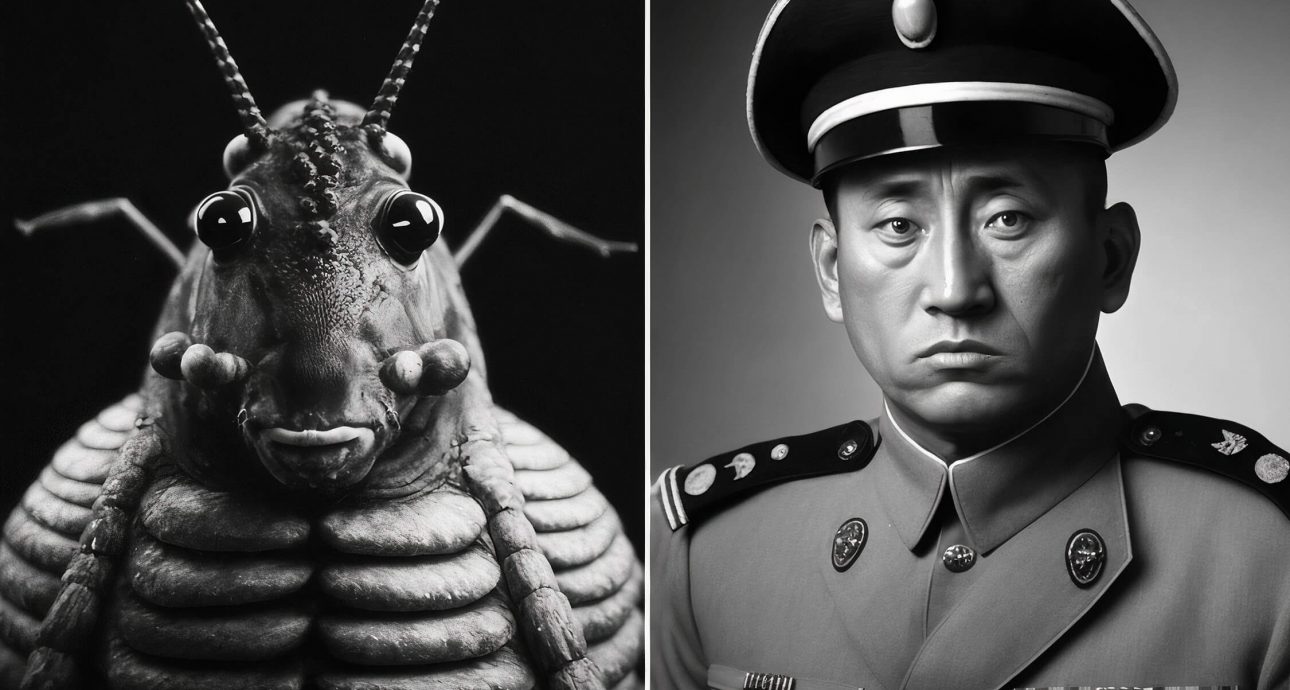
Life of Insects: Crawling Dictatorship of North Korea
Italian photographer Filippo Venturi has been interested in dictatorship – both past and present – for many years. Previously, he photographed Italians mourning Benito Mussolini, and after a trip to the Korean Peninsula, he dedicated a series to propaganda in North Korea.
In the project Broken Mirror, Venturi combined his impressions from his trip to North Korea with the opportunities provided by Midjourney. In this series, insects become embodiments of control: at first, they are barely noticeable, but later they take up more and more space, eventually replacing people in the country.
The photographer told Bird in Flight about what is common between South and North Koreans, how he managed to take pictures in North Korea, and whether he plans to dedicate a series to modern-day Russia, as a researcher of dictatorship.
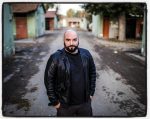
A documentary photographer who has been published in The Washington Post, Newsweek, and Financial Times.
— I have long been interested in totalitarian regimes, and specifically how they affect society and people, depriving them of their rights and freedoms. Visually, I have always been drawn to the aesthetics of science fiction and dystopia, from black-and-white images in the past to modern body modifications, as seen in the films of David Cronenberg. So, for the creation of the Broken Mirror series, I was inspired by the films Invasion of the Body Snatchers by Don Siegel and The Thing by John Carpenter.
The title can be interpreted in different ways. It is about the changing reality that we no longer recognize, and about defining photography as a mirror with memory – as writer Oliver Wendell Holmes called it in 1859.
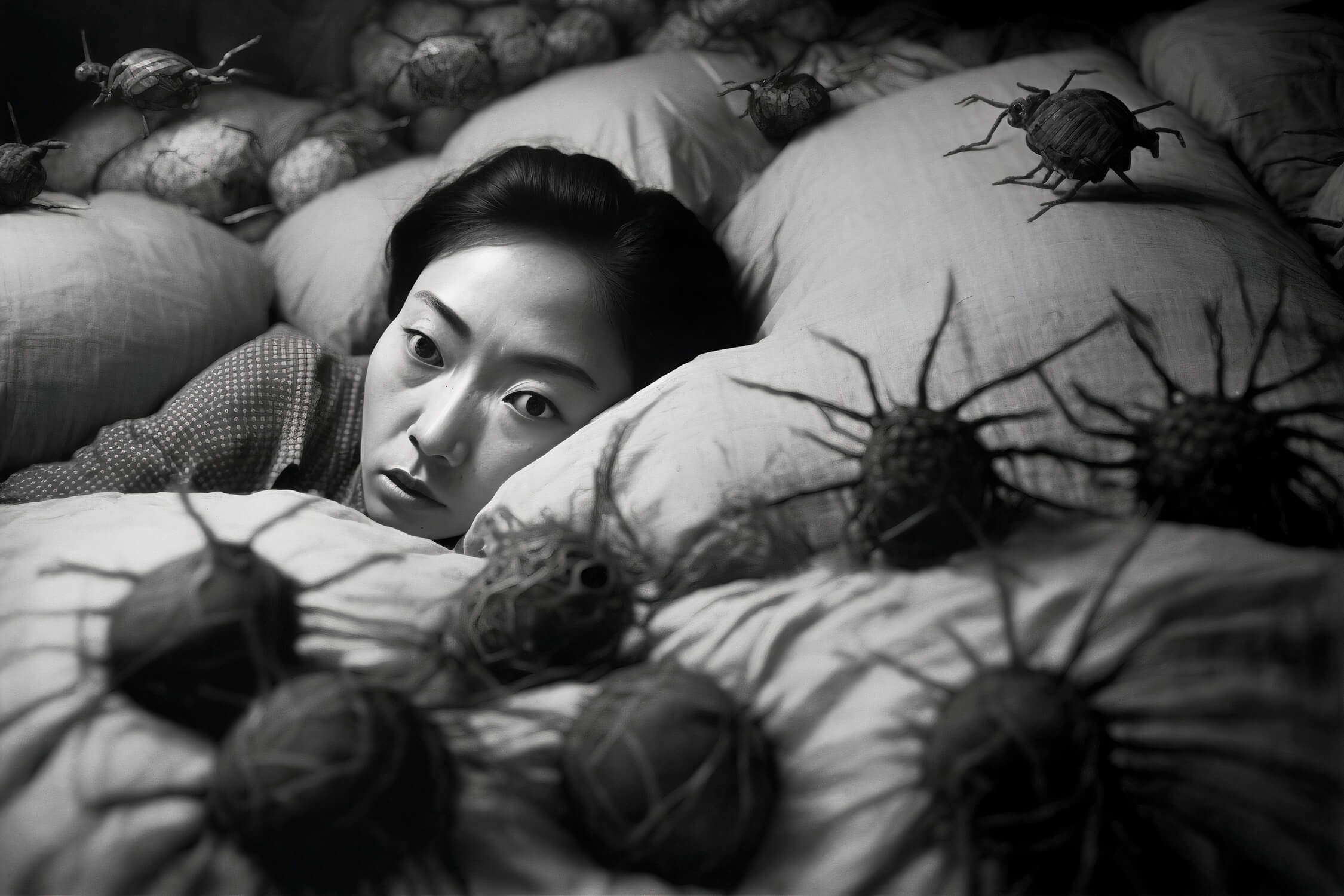
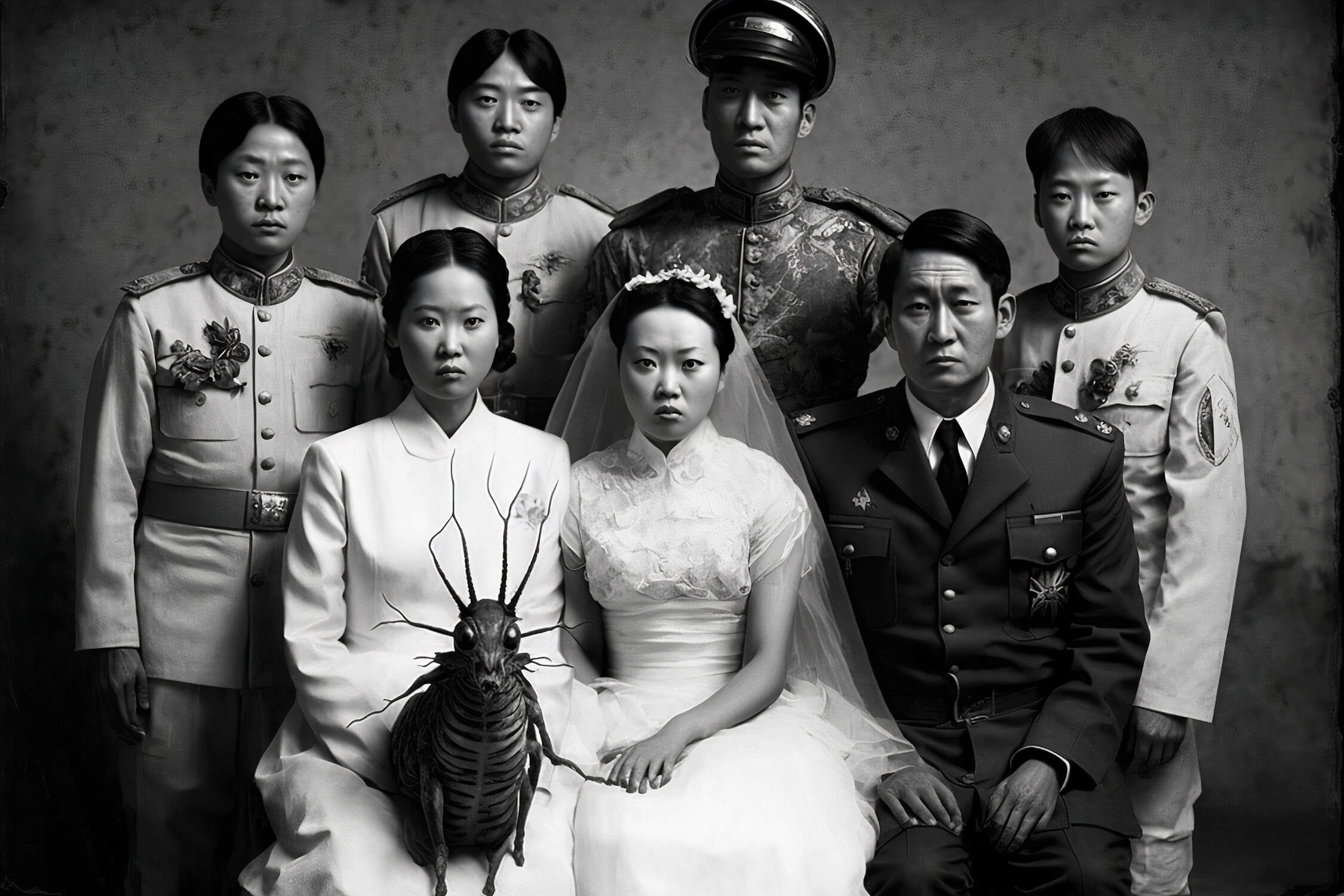
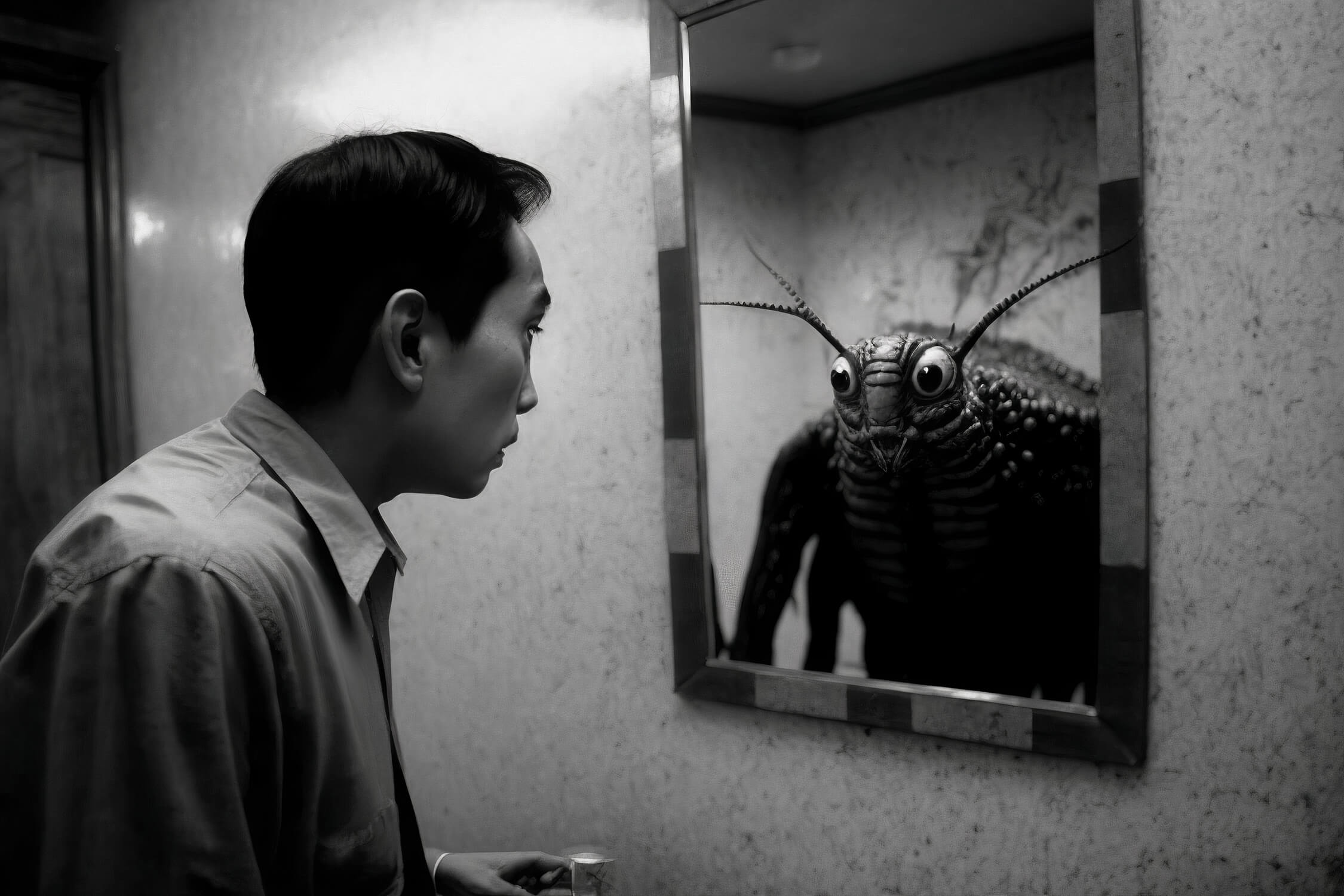
During an interview with several women who escaped from North Korea to South Korea, I noticed a paradox: some of them view the autonomy, freedom, and rights they now enjoy as abandonment by the state. This is not surprising, as they spent most of their lives in a country where everything was decided for them. In a way, it provided security, but in exchange for total control. This phenomenon was explored 80 years ago by philosopher Erich Fromm in his work Escape from Freedom.
Some people who fled from North Korea to South Korea consider the autonomy, freedom, and rights they now enjoy as abandonment by the state.
Among the various aspects that characterize totalitarian regimes, propaganda is one of the most interesting, and sometimes even funniest. At least in the eyes of those who live in a democracy, which I, despite all its flaws, consider the best form of protecting citizens’ rights.
Since 2015, I have made several trips to the Korean Peninsula and filmed two societies there that had a common origin but developed differently over 70 years. Sometimes it felt like a social experiment.
In South Korea, there is an extraordinary competition among young people in education, work, and even external attractiveness. This is one of the factors that helped it transform from a very poor country into one of the most modern and advanced in the world. However, in everyday life, serious side effects are felt: stress, technology addiction, social isolation, alcoholism, and suicide.
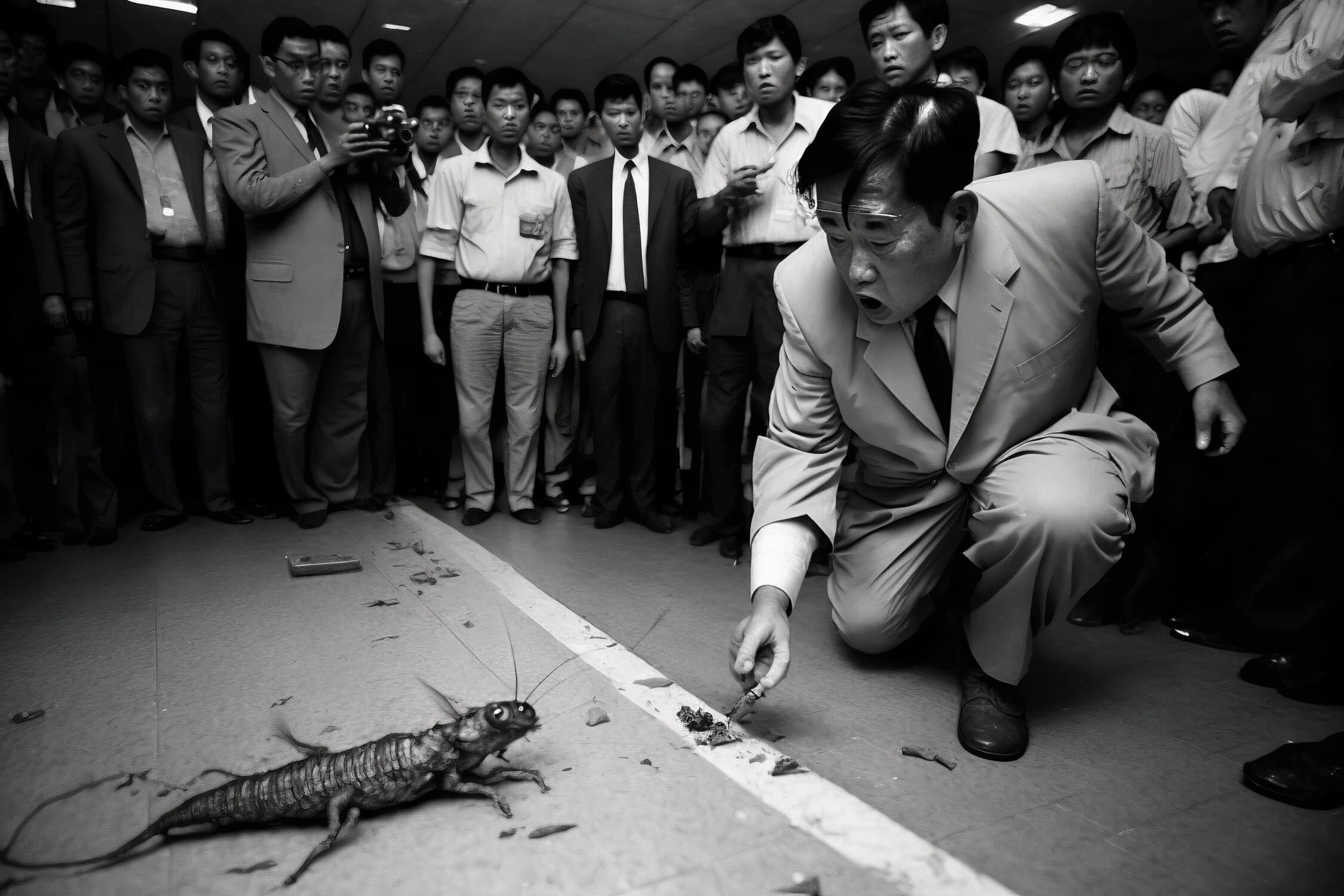
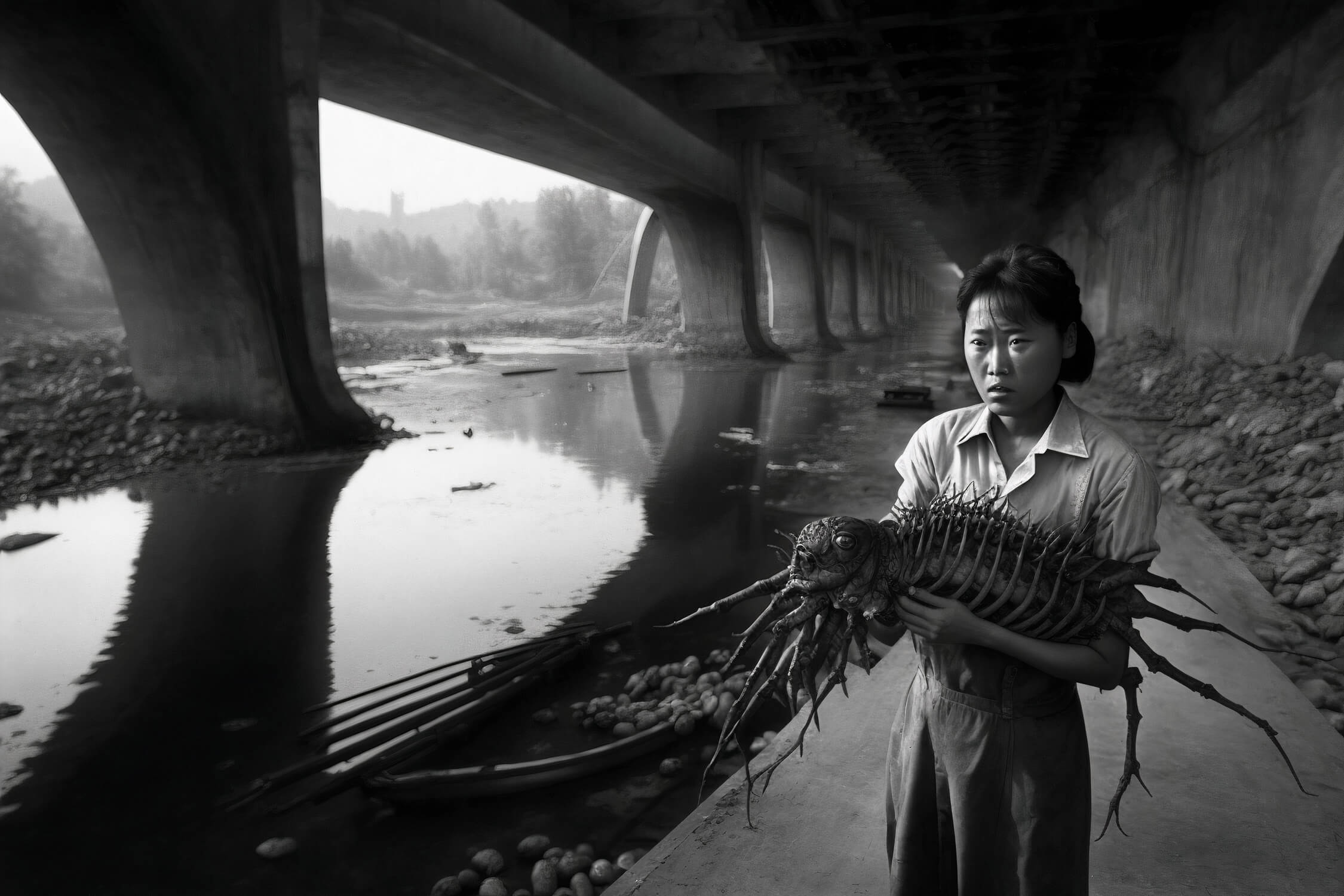
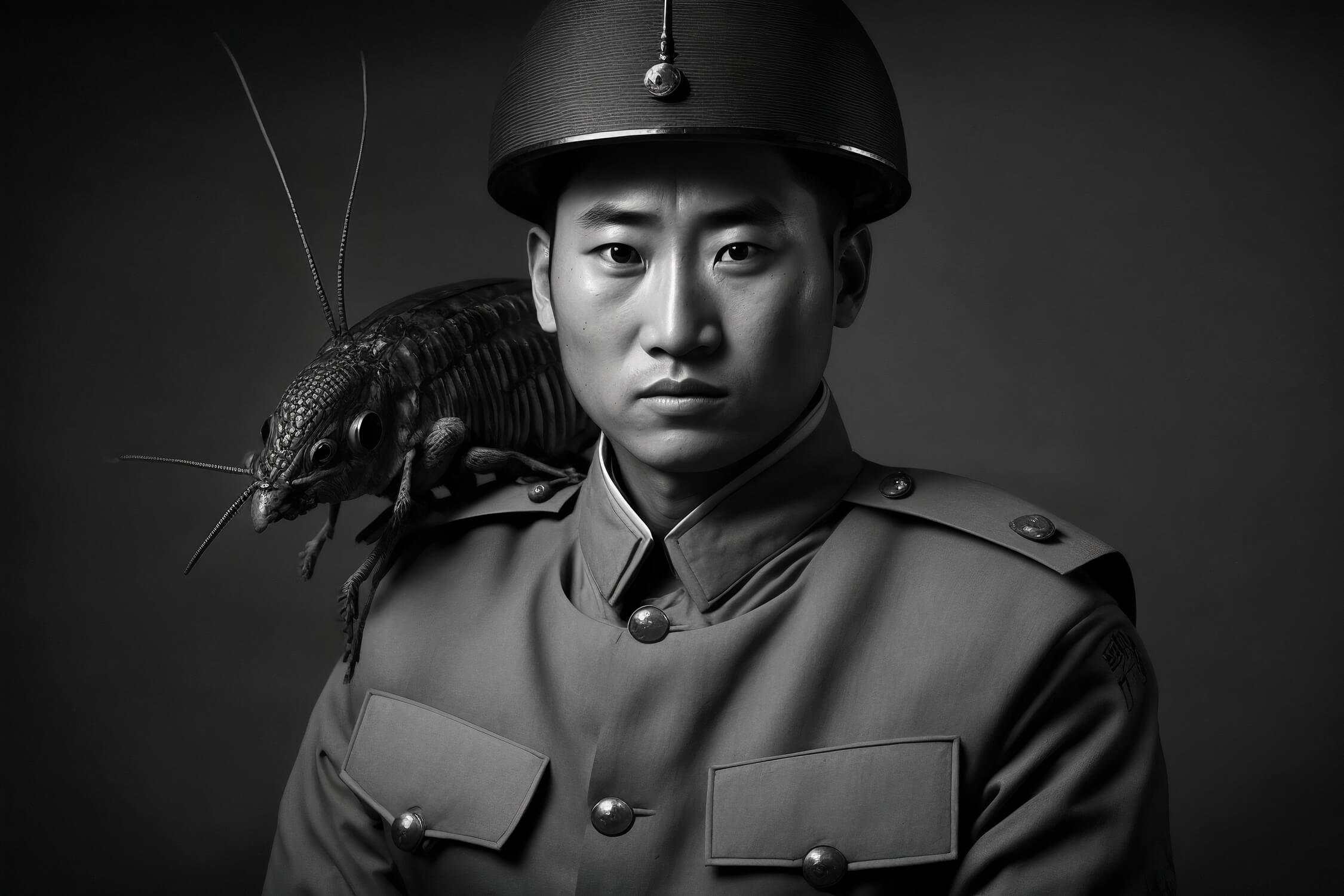
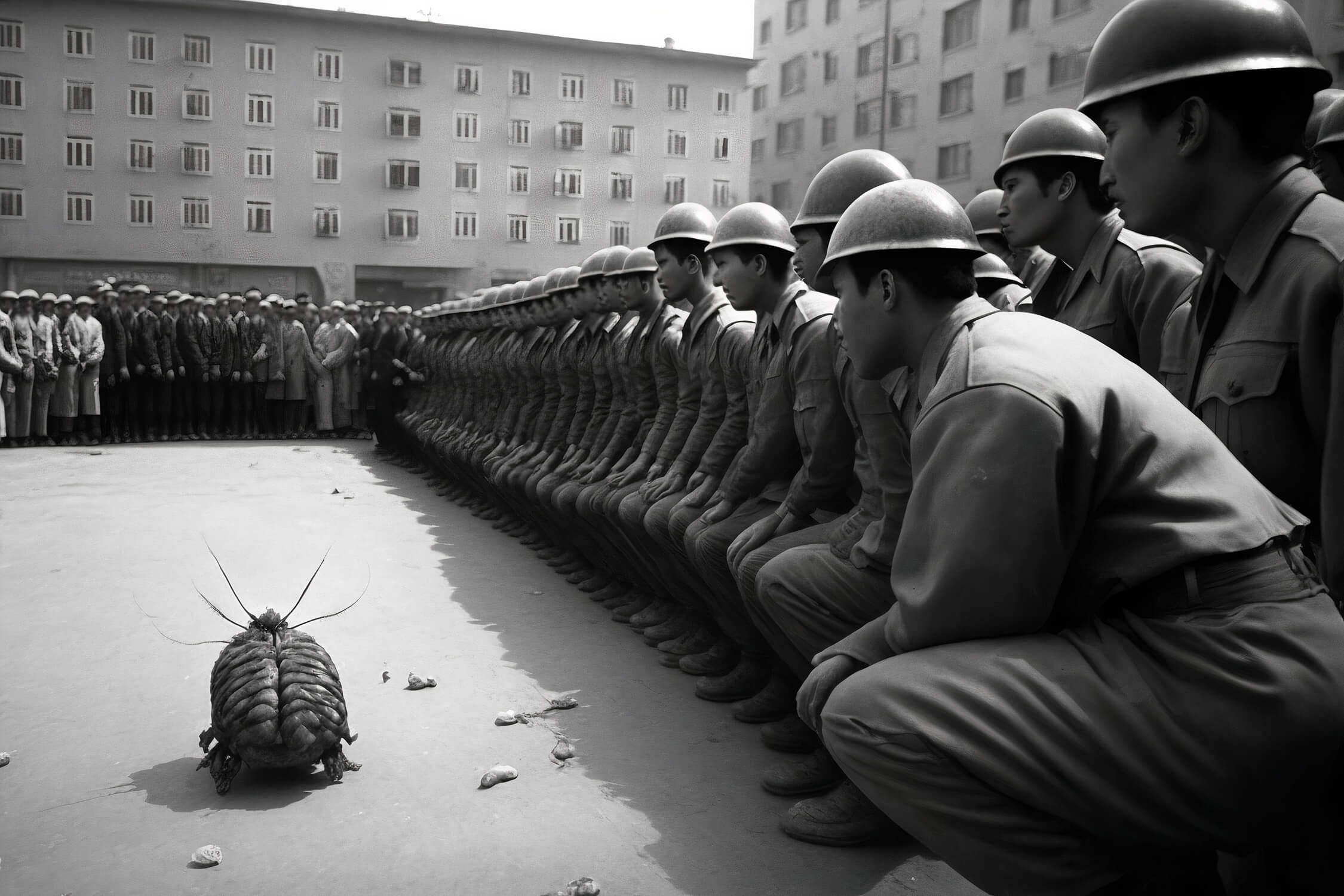
In North Korea, I experienced the absence of freedom first-hand. I was only allowed to leave my hotel accompanied by four guides who monitored my actions, movements, and statements. One of the guides was a photographer who was tasked with documenting everything I did and making sure I did not take inappropriate photos. This did not hinder my work, as I mainly documented local propaganda in schools, which the country is proud of. I could not access the internet, and the only way to make a phone call was through the hotel phone, which was evidently being monitored. I am convinced that there were microphones in my room. All of this made communication even with the journalist who accompanied me difficult.
However, the most interesting aspect is that, despite the obvious differences between the two Koreas, they share common features. For example, a tendency to prioritize the country’s needs over one’s freedom. South Korea was one of the countries that best weathered the COVID-19 pandemic. Its citizens did not hesitate to wear masks everywhere and allow the government to track their movements using their smartphones.
Despite obvious differences between the two Koreas, they share common traits, such as a tendency to prioritize the needs of the country over individual freedom.
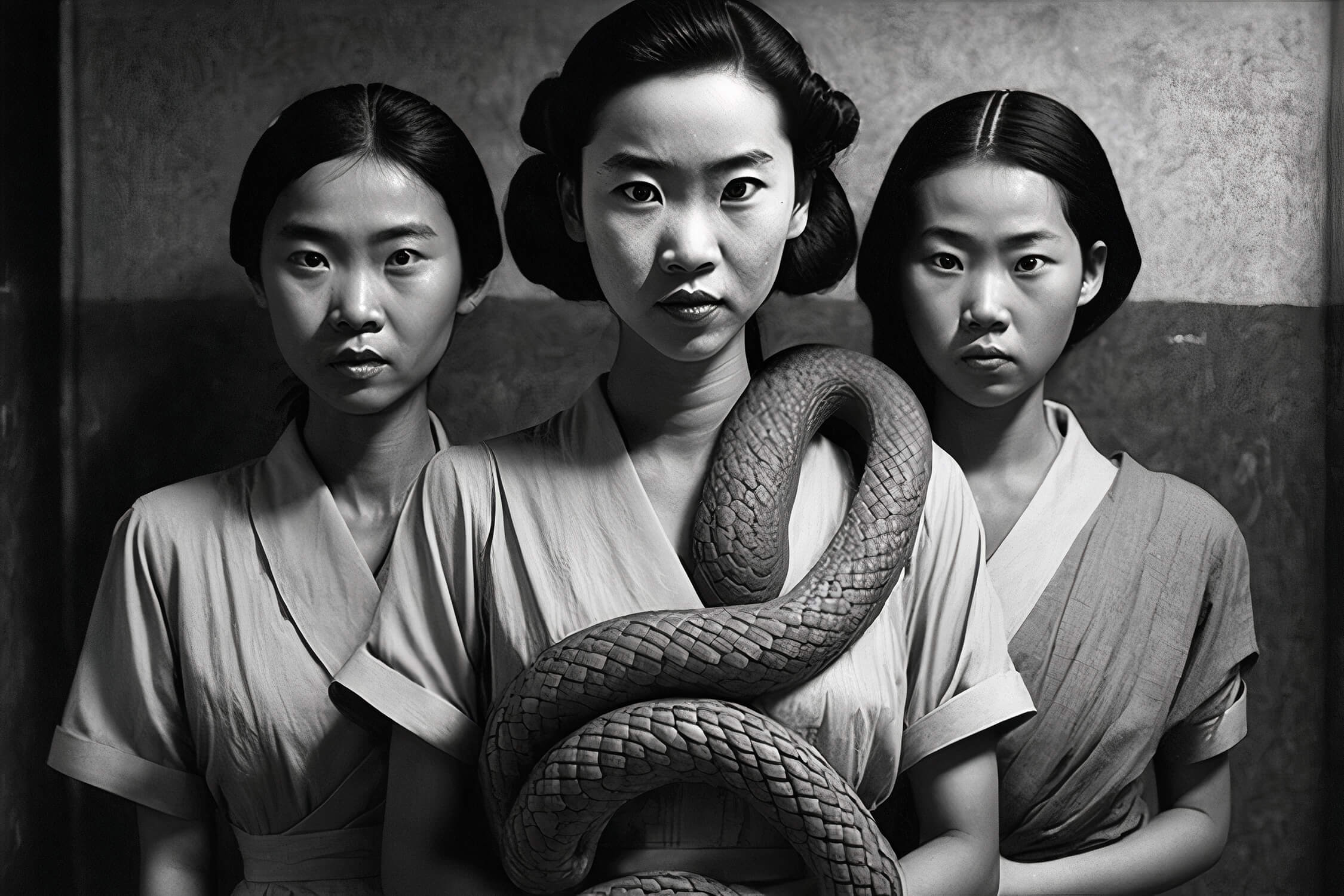
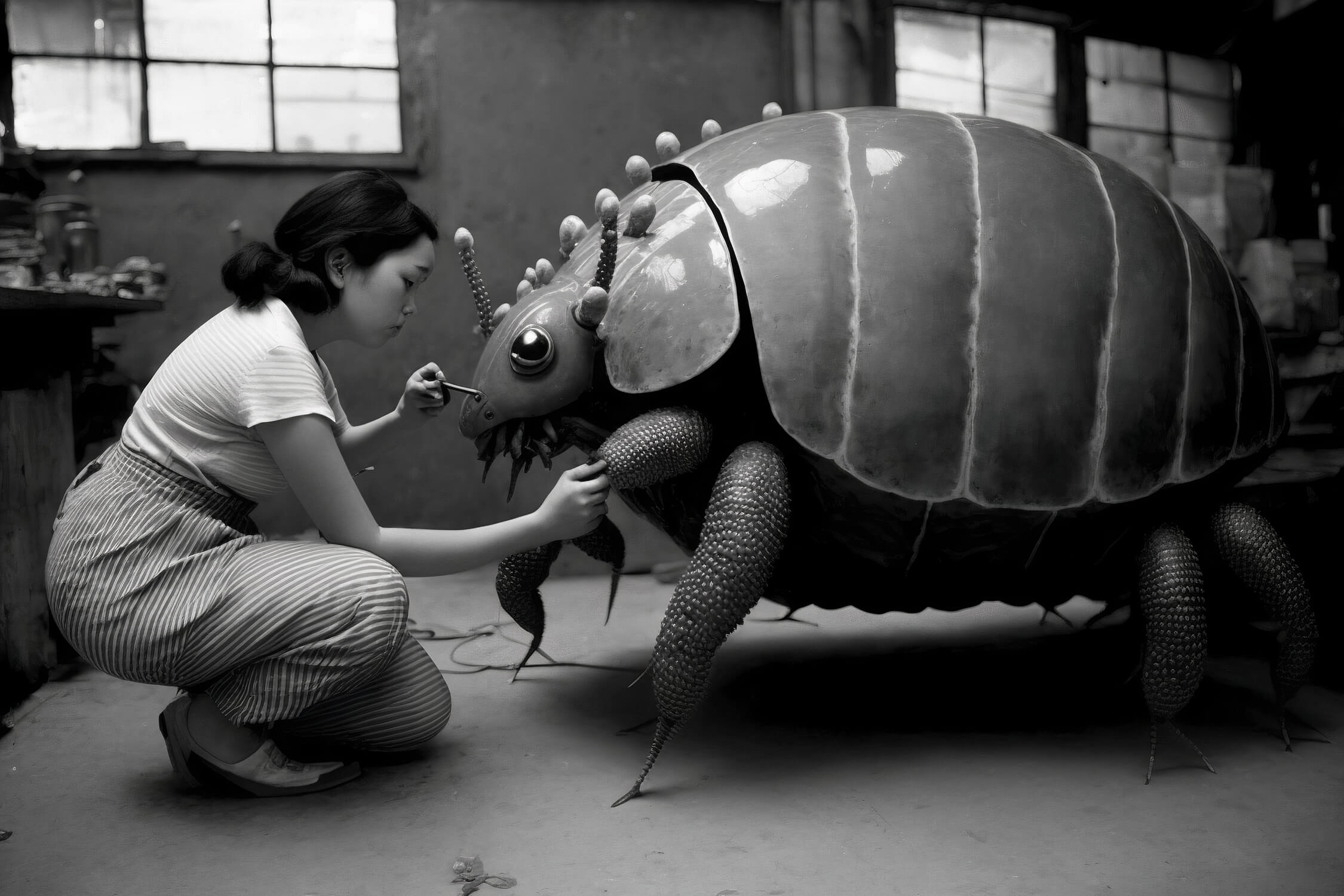
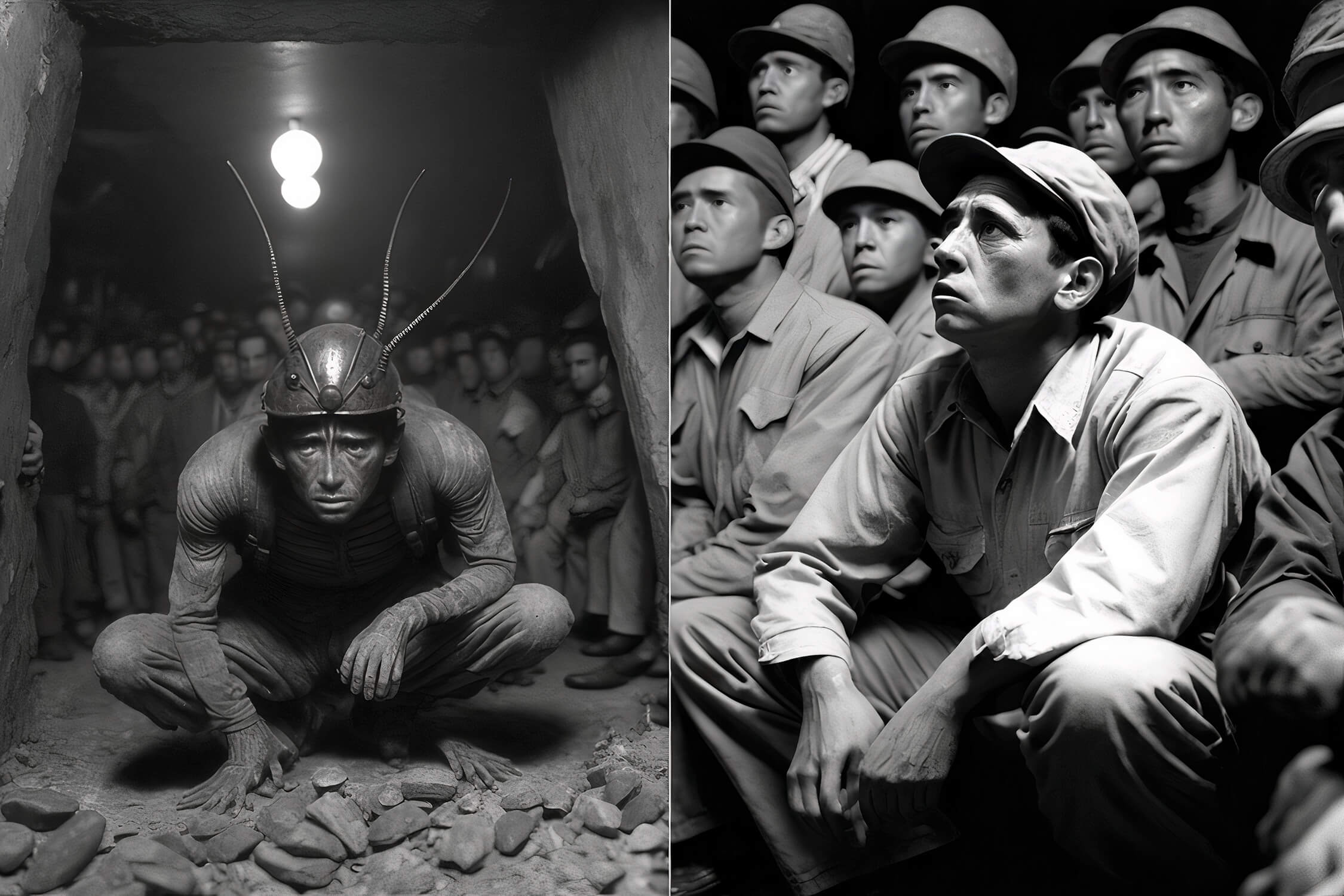
I divide my project into three sections. The first, “Made in Korea”, is about the competition among young people: admission to the best universities, obtaining prestigious positions, or the widespread use of plastic surgery.
The second section is “Korean Dream”. In it, I show educational institutions full of propaganda that tells young people about the risk of an inevitable war and their duty to contribute to the country’s technological and military development. In addition, the propaganda instills in young people a dream of peaceful reunification with South Koreans, whom they consider brothers and whom they believe were conquered by the Americans. Obviously, reunification must take place under the leadership of Kim Jong Un.
The third section, “Awakening,” is not yet complete. To work on it, I interviewed several North Koreans who fled the country.
In 2020, I also followed events in China and Russia and seriously considered making a report from there. I even planned to go to China in March of that year, but the pandemic, and later the war, made everything more complicated. However, I still plan to visit these countries.
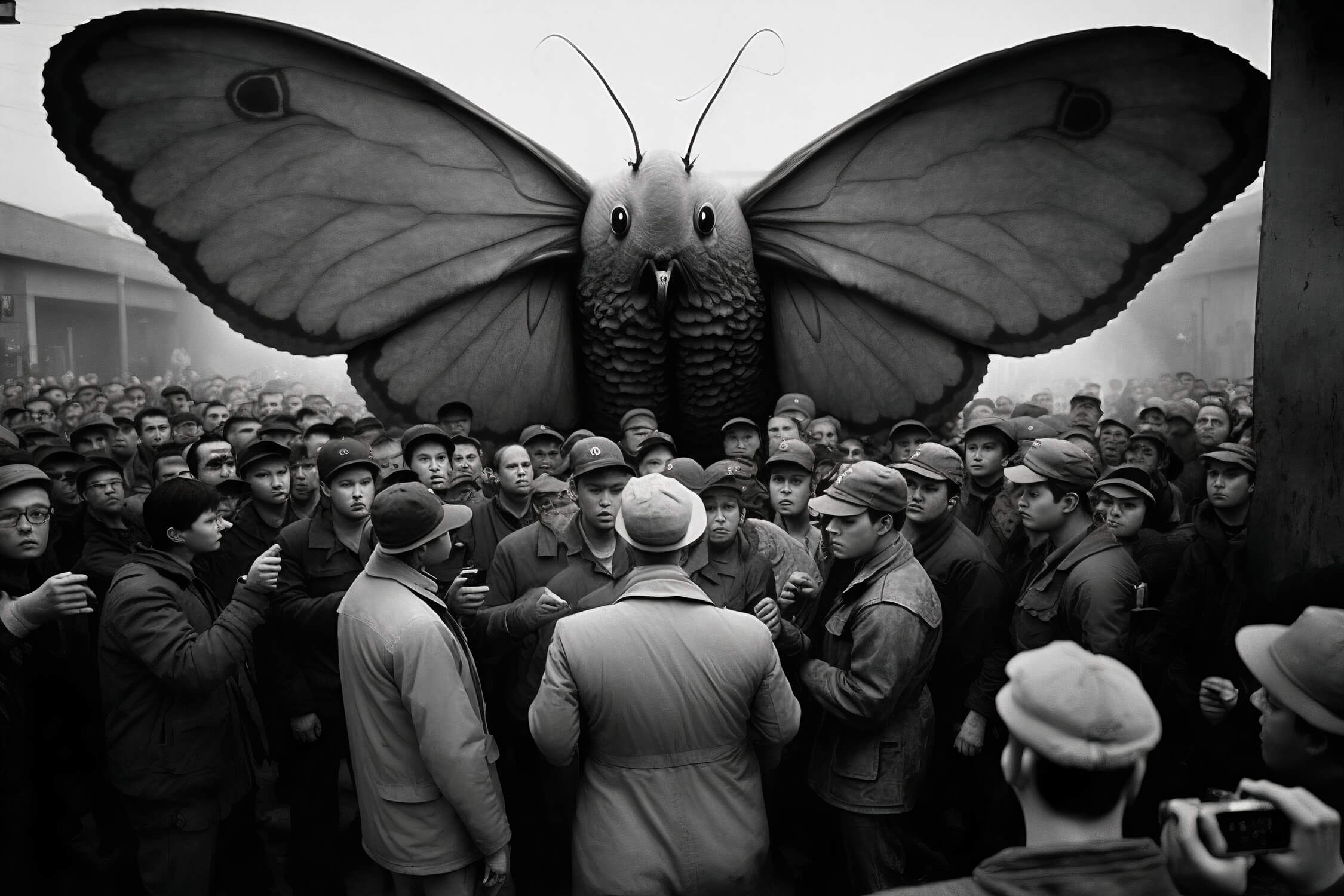
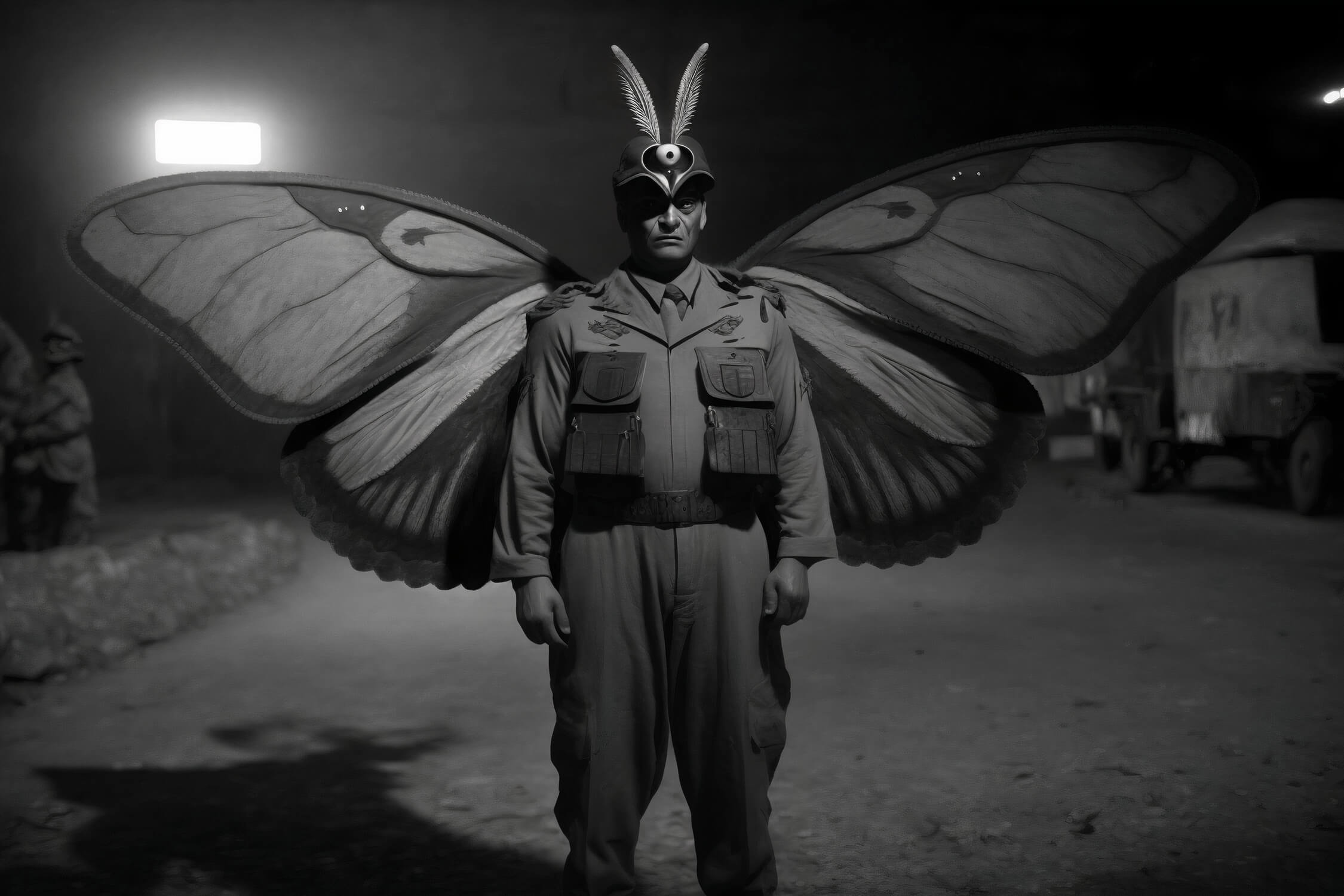
New and best




